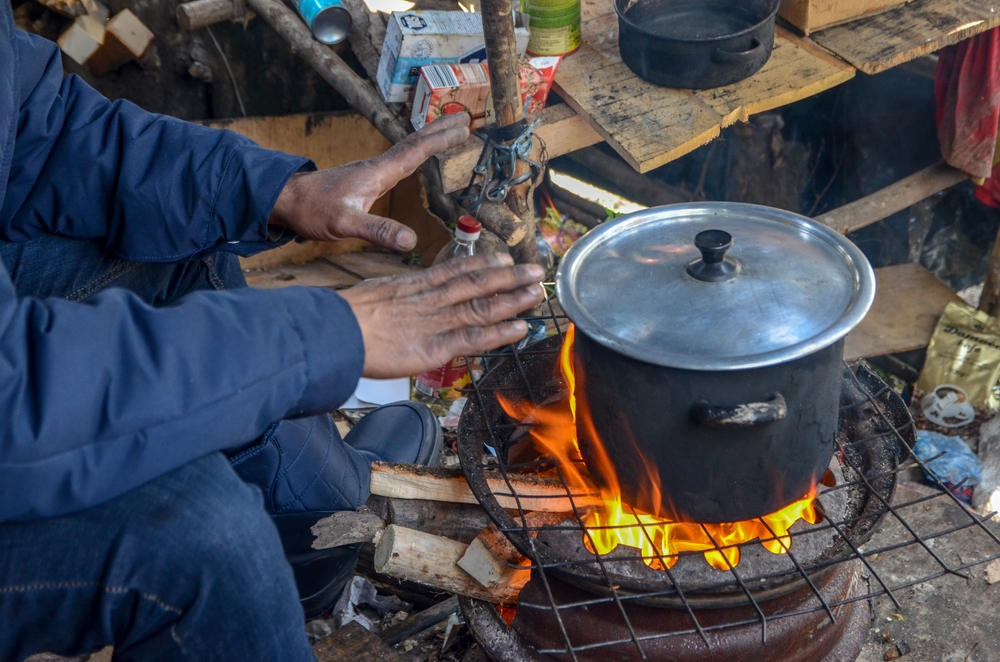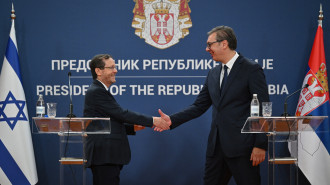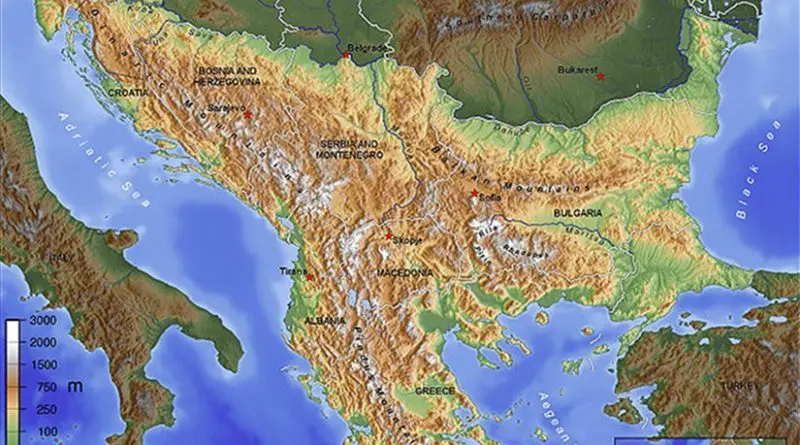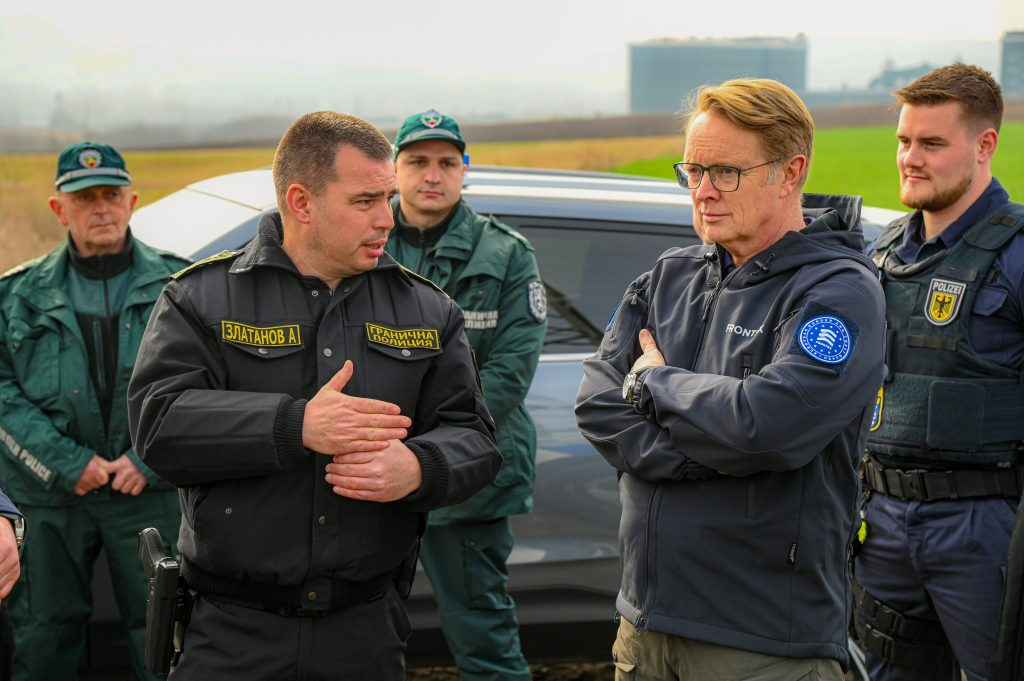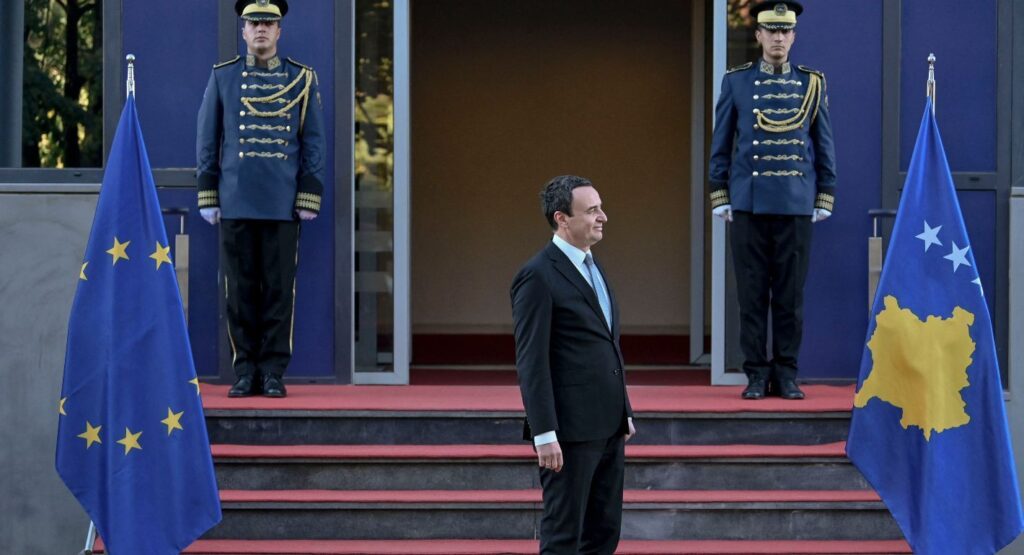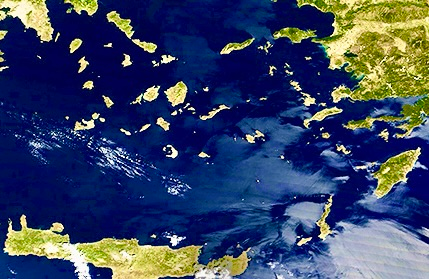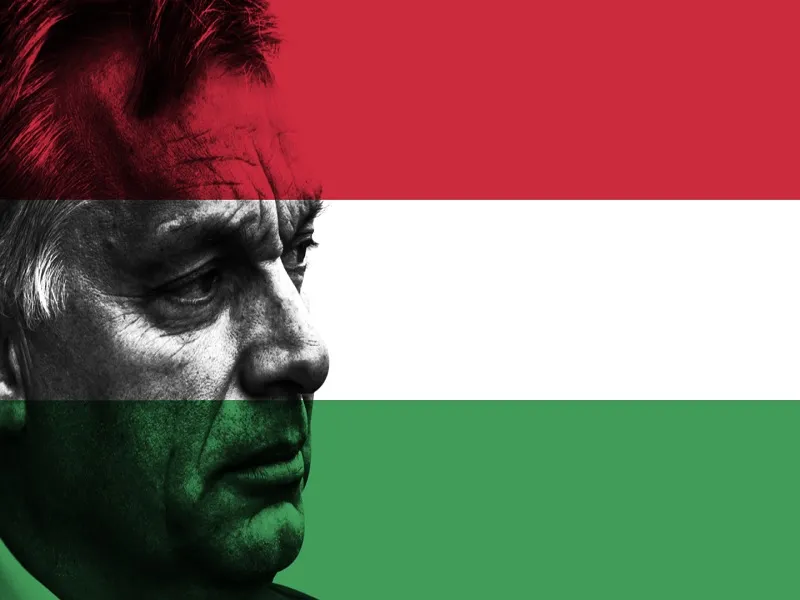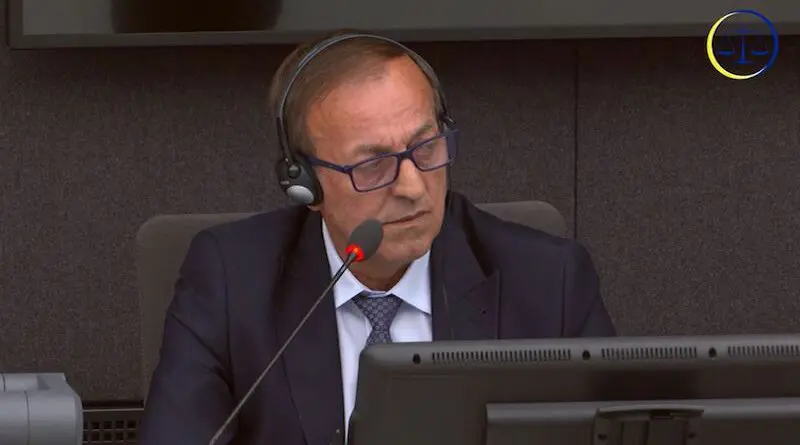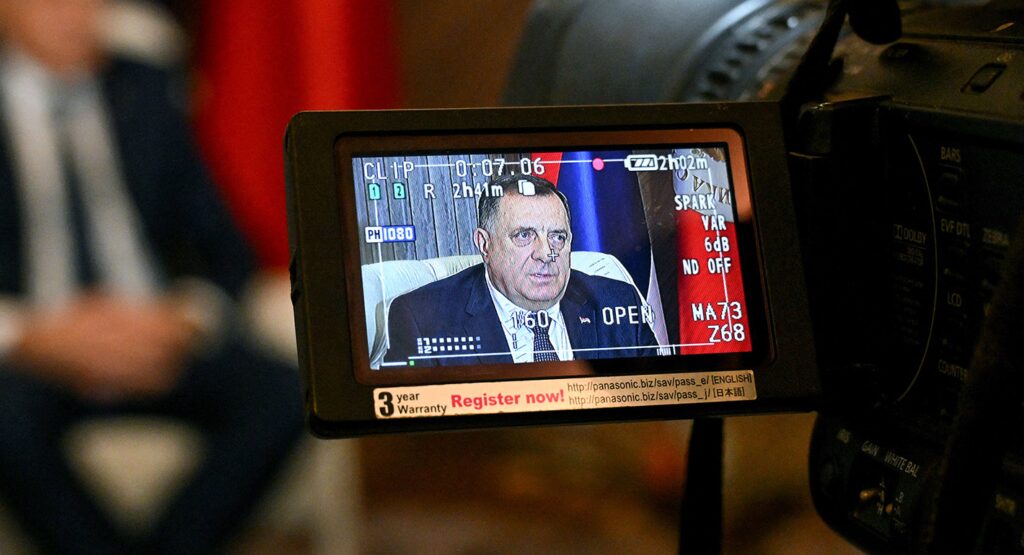The Geopolitics of South-East Europe and the Importance of the Regional Geostrategic Position at the Turn of the 20th Century
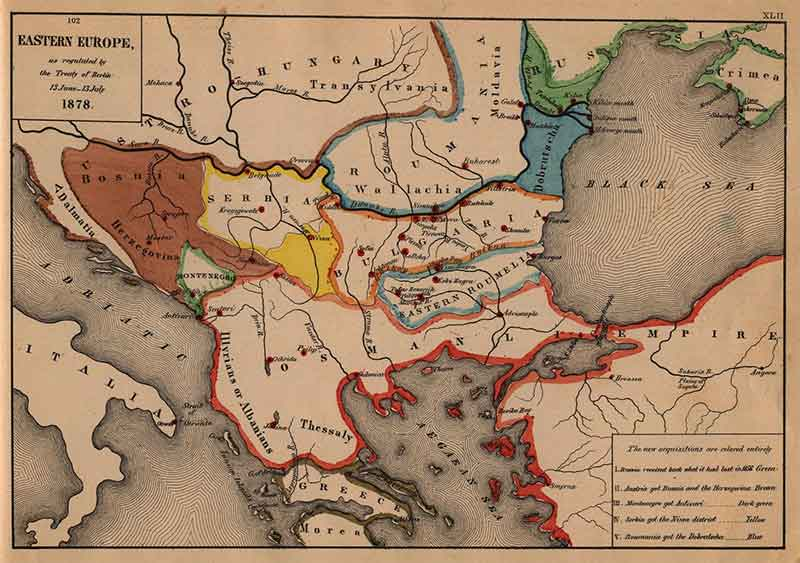
Preface
A geopolitical issue of South-East Europe became of very importance for scholars, policymakers, and researchers with the question of the dismemberment of the Ottoman Empire as one of the most crucial features of the beginning of the 20th century in European history. A graduate collapse of the one-time great empire was accelerated and followed by competition and struggle by both, the European Great Powers and the Balkan national states, upon the territorial inheritance of it. While the European Great Powers had the aim to obtain new spheres of political-economic influence in South-East Europe, followed by the task to establish a new balance of power in the continent, a total collapse of the Ottoman state was seen by small Balkan nations as the unique historical opportunity to enlarge the territories of their national-states by the unification of all ethnolinguistic compatriots from the Ottoman Empire with the motherland. The creation of a single national state, composed of all ethnographic and historic “national” lands, was in the eyes of the leading Balkan politicians as a final stage of national awakening, revival, and liberation of their nations which started at the turn of the 19th century on the ideological basis of the German romanticist nationalism expressed in a formula: “One Language-One Nation-One State”.[1]

